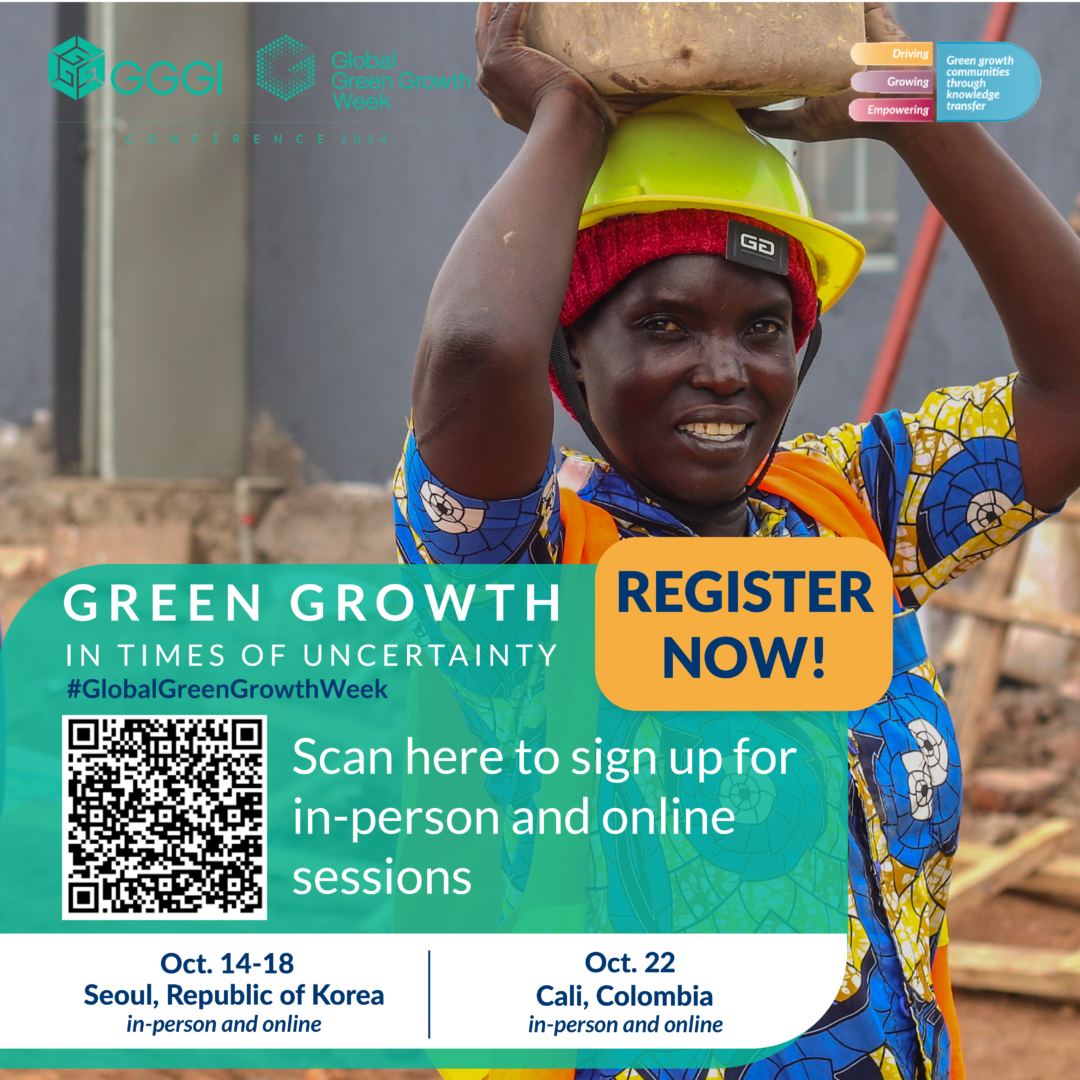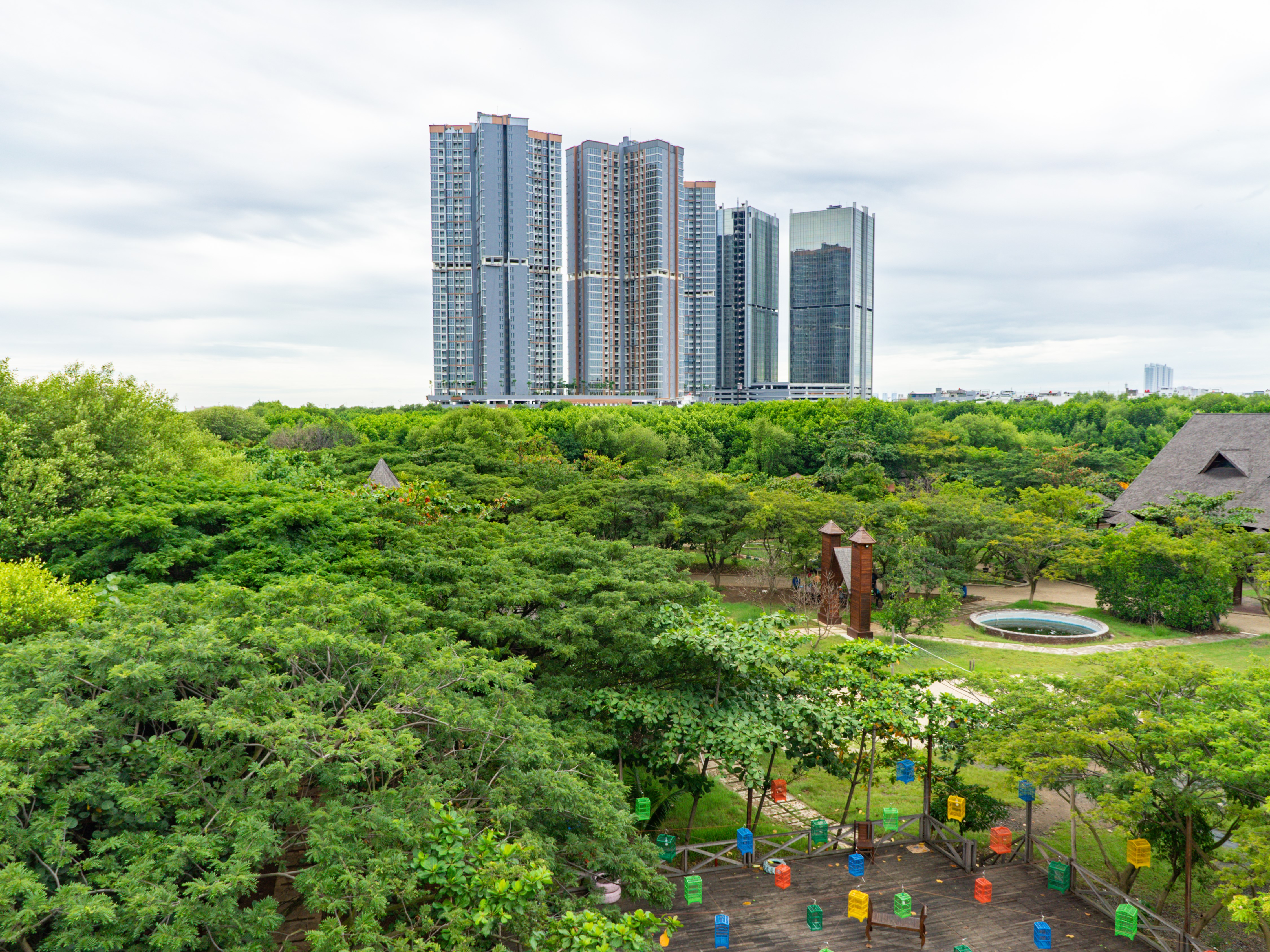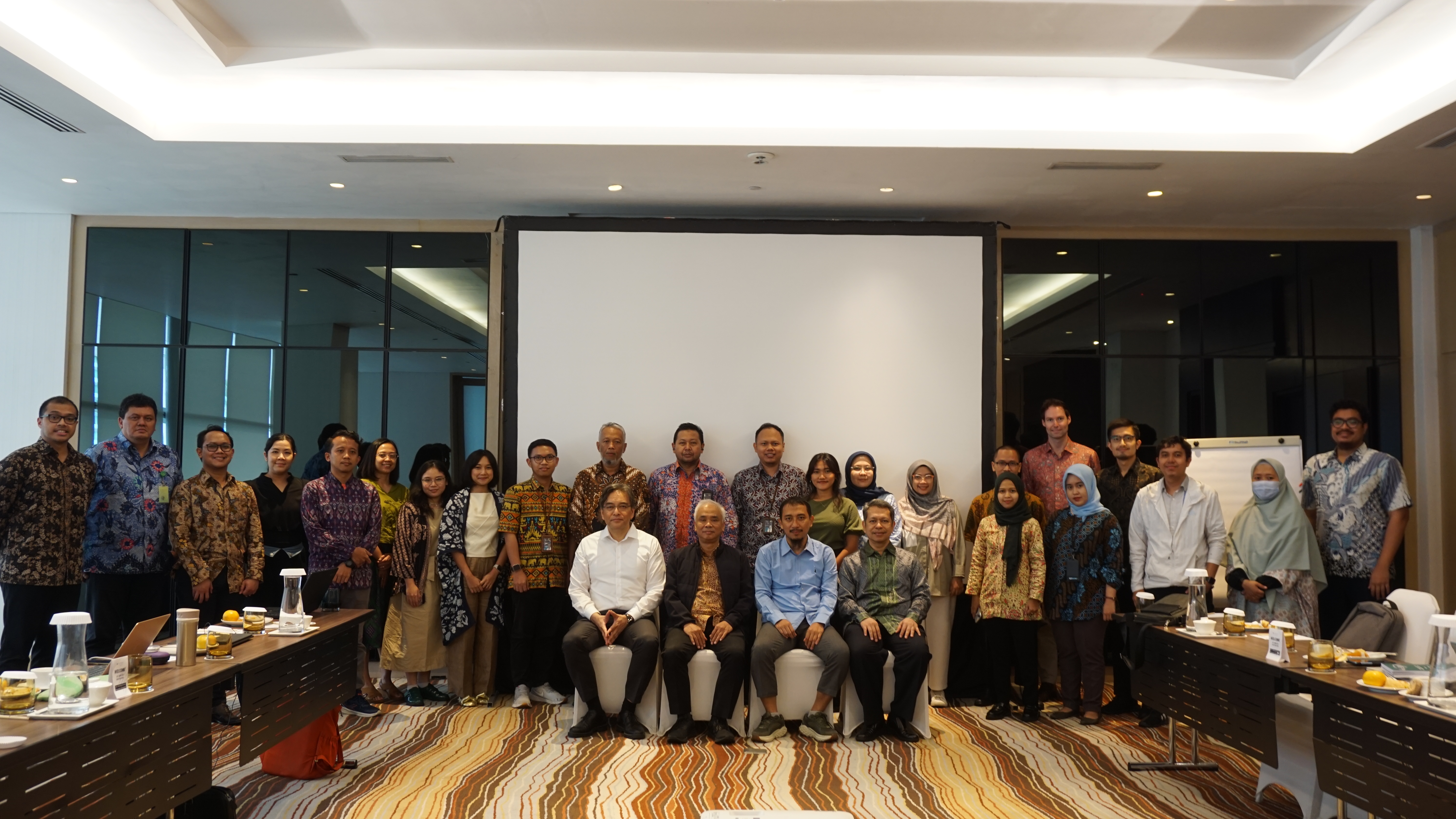Preparing Indonesia’s Subnational Governments for Carbon Reduction Efforts Through NDC
Indonesia’s NDC targets can be achieved by incorporating the targets into subnational governments working plans.
As the fourth most populous country in the world, Indonesia’s actions to respond to global warming will have tremendous impacts to both its citizens and the world. The ratification of the Paris Agreement shows the country’s transition to a low carbon and climate resilience future. The Government of Indonesia (GoI) submitted the Indonesia Nationally Determined Contributions (NDC) to the Secretariat of United Nations Framework Convention on Climate Change (UNFCCC) in November 2016, which sets reduction target of 29% under business-as-usual scenario, and up to 41% with international support by 2030.
In the path toward decarbonization of the economy, NDC targets are integrated into Indonesia’s National Medium-Term Development Plan 2020-2024. As stated by the Minister of National Development Planning on August 3, 2017, this can only be achieved if the alignment of the NDC into the national and subnational spatial and development plans is executed. Therefore, socialization of NDC to the subnational government is the critical first step to allow them taking necessary actions in aligning the NDC with subnational plans. This is also important because NDC activities are implemented and managed at the subnational level, but performance is measured at the national level.
Continuously supporting GoI, GGGI Indonesia backed the Ministry of Environment and Forestry to hold a series of NDC socialization activities. On September 26, 2017, the first socialization activity was held in Balikpapan, East Kalimantan by the Directorate General of Climate Change Mitigation of the Ministry of Environment and Forestry, and co-hosted by the Provincial Government of East Kalimantan.
Dr. Ir. Nur Masripatin, Director General of Climate Change Mitigation of the Ministry of Environment and Forestry, underlined that separating development and emission reduction efforts are no longer relevant. Commitment for emission reduction and development must go hand in hand and must involve all stakeholders.
Representing subnational government, East Kalimantan Governor DR. H. Awang Faroek Ishak acknowledged some concerns that the local environment will no longer be able to support continuously expanding economic and development activities. A systematic integration of NDC into subnational working plans will ensure synergy between institutions and facilitate realization of NDC targets by 2030.




